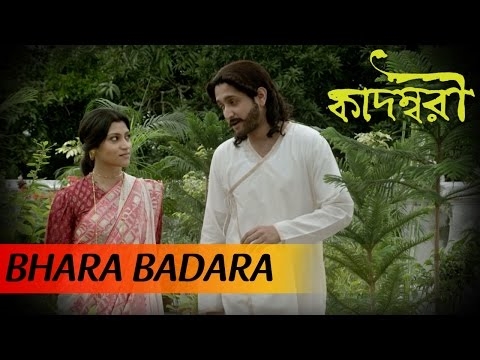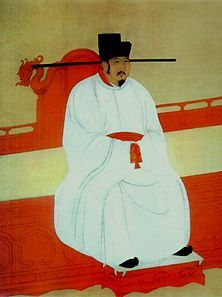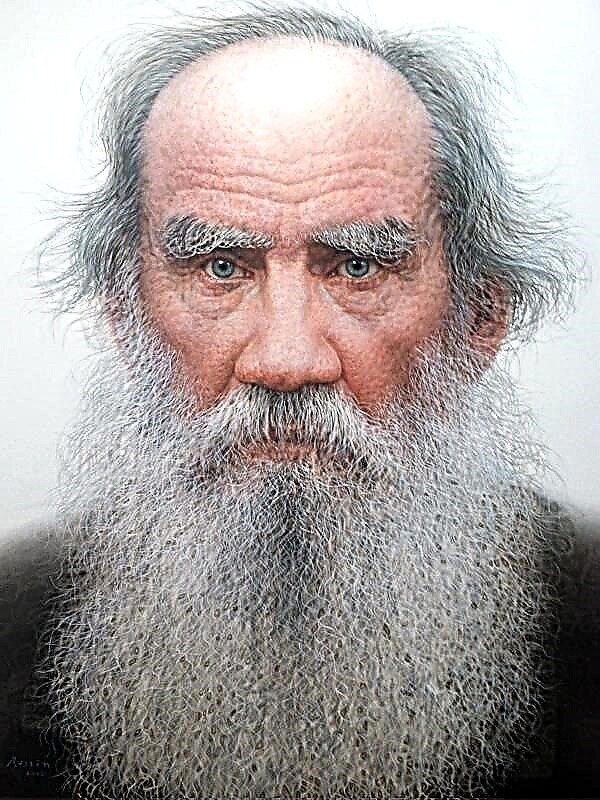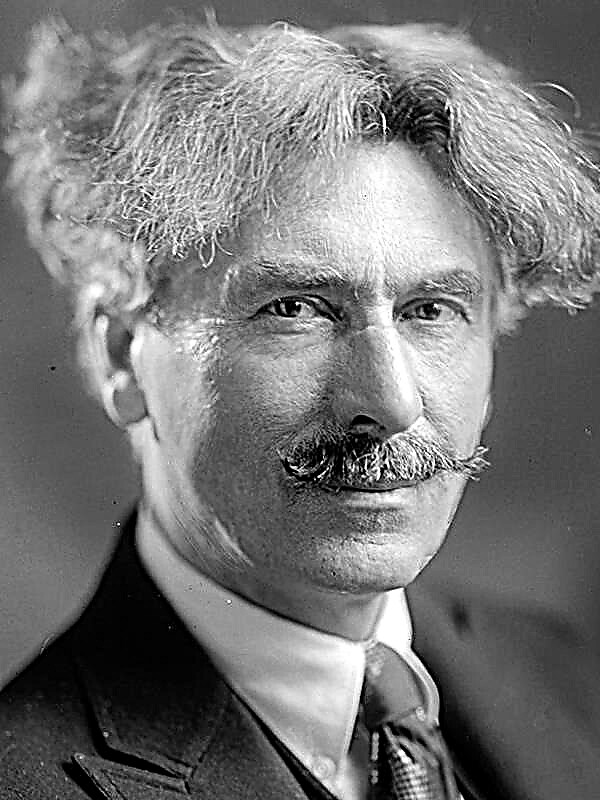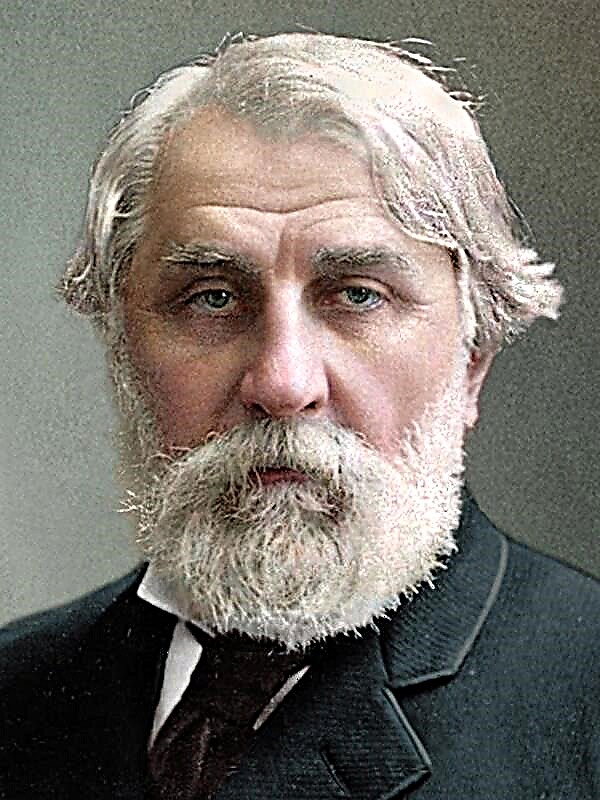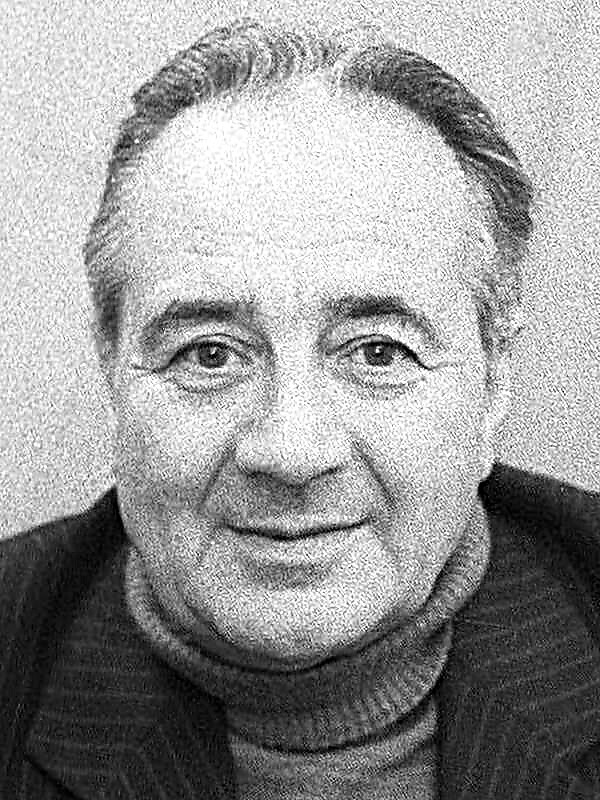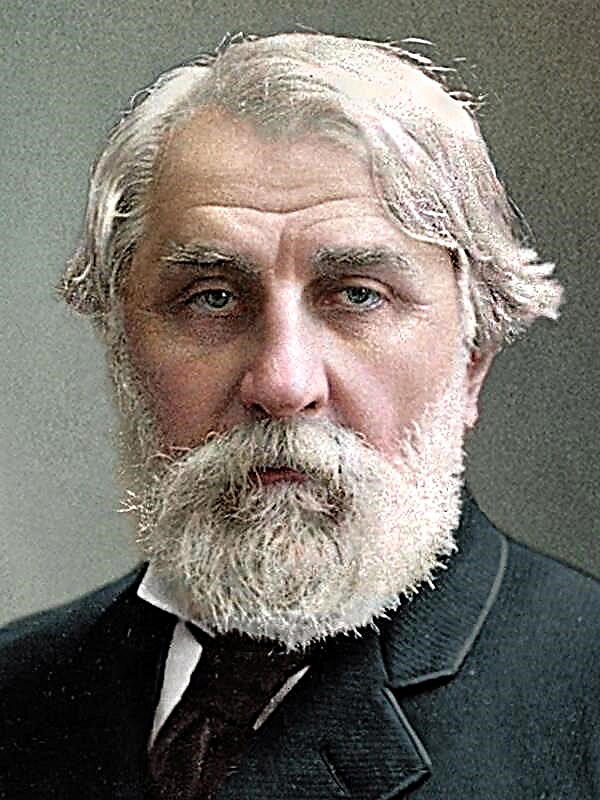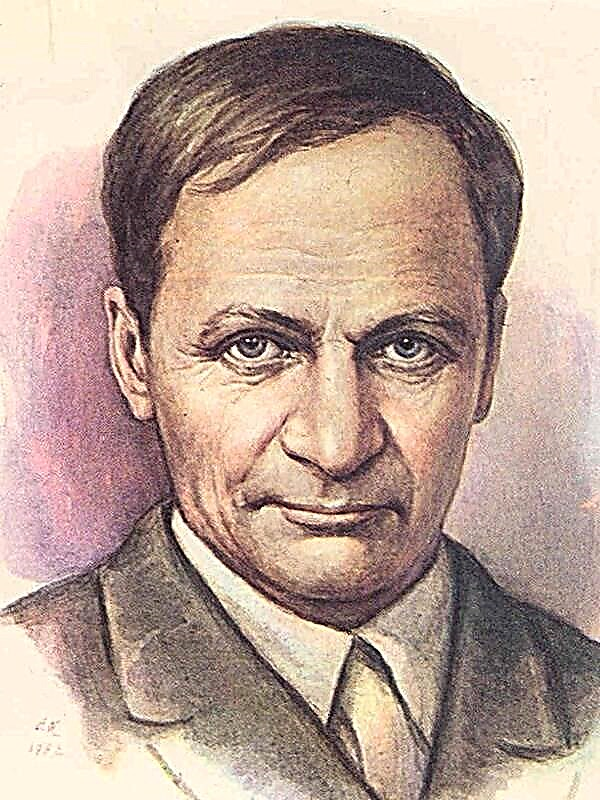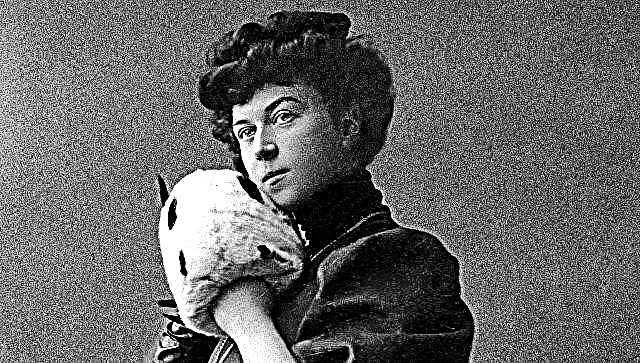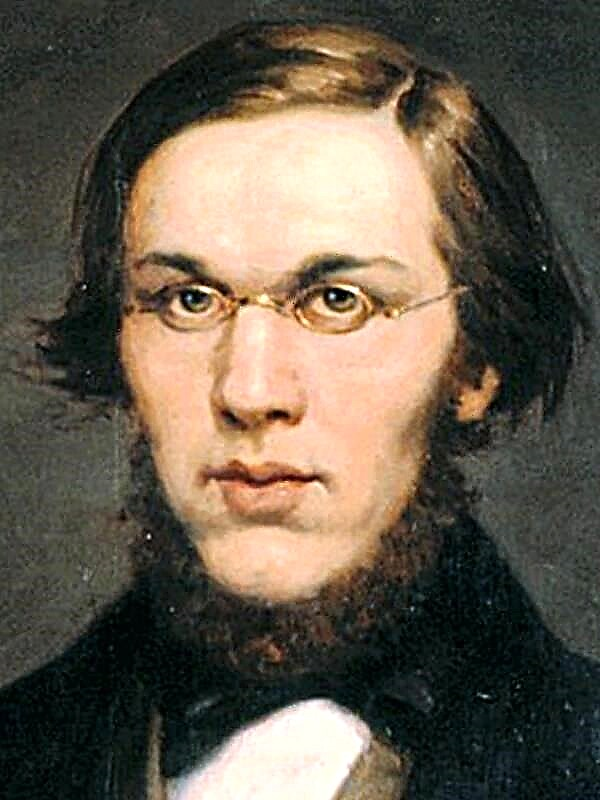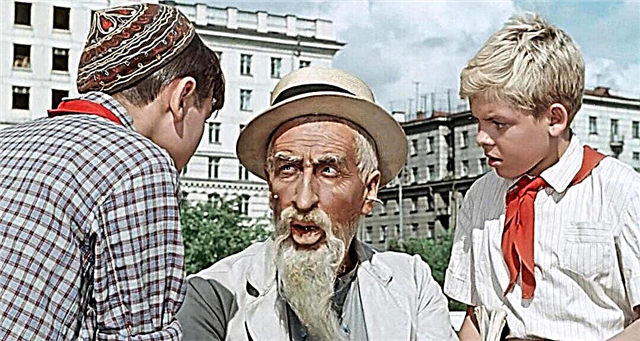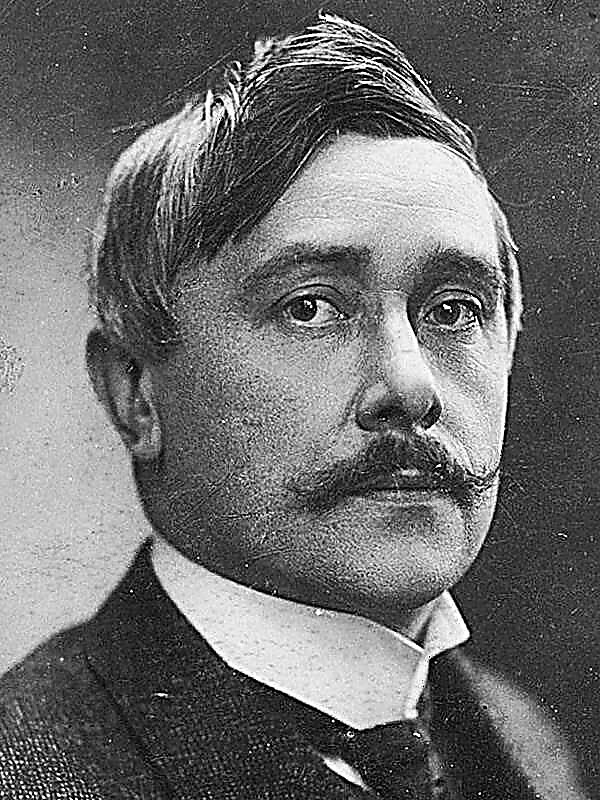(265 words) The poem is a lyroepic genre. It is this art form that is characterized by a synthesis of poetic content and the plot-narrative organization of the text. So why is the work "Dead Souls", written by no means a poetic size, all used to consider a poem?
The fact is that the author independently ranked his creation as a lyro-epic genre, and he had good reason for that. Back in 1835, the writer notes that his idea involves a voluminous text, most likely a novel. However, in a record dated a year later, we come across a different definition of the genre: "Every morning, in addition to breakfast, I wrote three pages in my poem ...". Sometimes in diaries Gogol calls his work “a story”, sometimes “a long thing”, but in 1942 he finally dwells on the genre “poem”. It turns out that this is exactly the word that contains all the features of Dead Souls.
It seems to me that Gogol defined this affiliation of his creation to a poem somewhat intuitively, by some internal sensation of the text, as a kind of heterogeneous field, on which something appears that distinguishes it from the novel genre. And indeed, the lyrical digressions in Dead Souls are important for their special musicality, rhetoric, and the depth of poetic understanding of life's realities. The characters of the heroes, the environment, the details of everyday life - all this is only a small part of what constitutes Gogol's work. It seems to me that the lyrical intonation that breaks through author's digressions is much more important. It is the connecting thread of all the depicted images that exist in Gogol and real space, in Gogol and real time. It is the lyrical digressions that tighten the nodules of each chapter, giving the threads of the narrative harmony, completeness, meaningfulness and metaphysical depth.
Dead Souls is a poem, first of all, because this work is a Russian soul, for which the plot (prosaic) is only its flesh, but it itself breathes a different air - lyrical.

